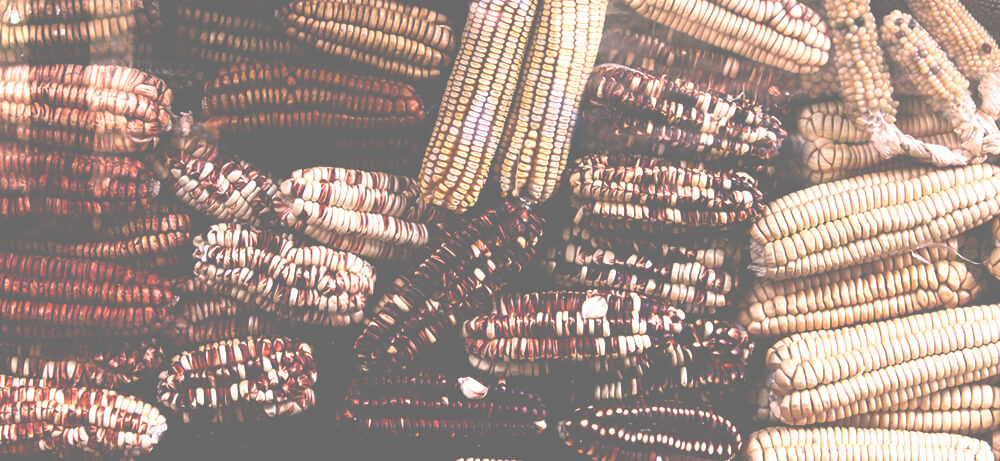GMOs breed Controversy
Genetically modified organisms (GMOs) are engineered in many different industries, but they’re surrounded by controversy when it comes to food and agriculture. GMOs begin in a laboratory when scientists alter their genetic makeup or transfer new genes with specific traits. People disagree about the benefits and risks of altering the food we eat, and so far there’s no easy answer.
Early breeding for desirable genetic traits
Although these high-tech gene transfers have only been around for a couple decades, the idea of genetic modification is not new. People have been using similar practices in agriculture for hundreds of years. The best livestock was bred to preserve the desirable traits. The hope was that the offspring of the prized animals would have the same beneficial characteristics. As the best genes combined, the features would develop and become more pronounced if everything went according to plan.

Genetic modification today
Today, genetic modification is seen differently because it’s more selective. Before advanced scientific technology, animal breeding still relied on nature to deliver the best results. Modern laboratories allow the desired genes to be specifically targeted and transferred to a plant or animal. This means we can select exactly what we want to change whether it’s bigger apples, stronger cows or plants immune to insects.
Agricultural concerns
Farmers are concerned that GMOs will result in gene flow when non-GMO crops mix with crops that have been genetically engineered. The problem with gene flow is that it could lead to unwanted traits in a new breed of the crop. Unintentional spreading creates more problems for farmers because it’s so difficult to avoid. Buffer zones are established to minimize gene flow. Scientists proposed terminator seeds that grow sterile plants to prevent cross-contamination, but farmers largely rejected that idea. Terminator seeds would require that farmers buy new seeds every season.
GMO effects on food
Everyday people don’t typically worry about cross-pollination and terminator seeds, but they do think about the food they eat. The effects of GMOs on the food we consume are widely debated. People want to know if these futuristic foods are harmful. Before it hits grocery store shelves, GM foods are all thoroughly checked for possible dangers and potential negative side affects. Scientific research from the National Academics of Sciences, Engineering and Medicine supports claims that GM food is no more harmful than non-GM foods.
Insect resistant plants
A big part of genetic engineering research involves making plants more resistant to insects. One method is to insert bacillus thuringiensis or Bt genes into the plant as a biological pesticide. All those scientific vocab words basically mean that a type of bacteria is transferred to the plant genes. This bacteria is powerful enough to kill insects but is in such a small dose that humans aren’t affected. Think about how chocolate is bad for your dog but you can consume the sweet treat in all its delicious forms. The use of Bt crops and similar GMOs helps reduce the agriculture industry’s reliance on toxic insecticides and harmful chemical pest treatments.

Farmers benefit when plants resist pests without insecticides. When plants are genetically modified to resist weed killers, however, there can be negative consequences. The more resistant a plant is to weed killer, the more weed killer is dumped into fields. Weed killers can be toxic for human consumption and harmful for the environment. In addition, crops are often engineered to only resist a certain kind of weed killer, which means farmers avoid other methods that are safer and better for the environment.
Without GMOs, there wouldn’t be enough food to feed the increasing global population. With this technology, we can maximize yields to produce food that’s more nutritious and more accessible to people around the world. Imagine a garden in the middle of the desert. Genetic engineering is working to produce plants that resist drought, flooding and extreme conditions.
GMOs not only help use feed the nations, but they also help use reduce the negative effects of the agriculture industry on our planet. It’s still a developing science, but genetic engineering shows promise as we move forward toward a more well-fed, sustainable world. If you want more information about this complex issue, check out this fun video!
